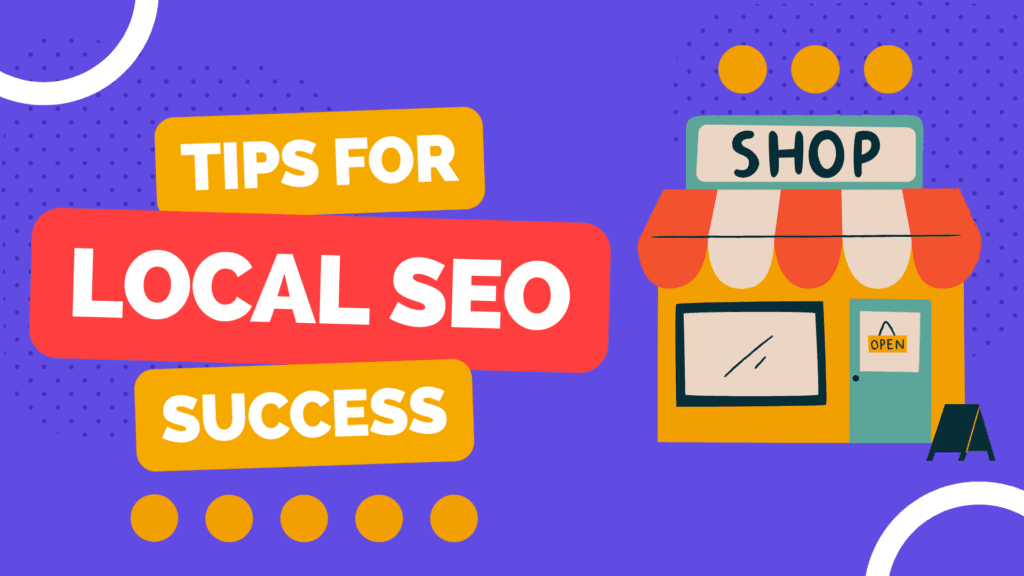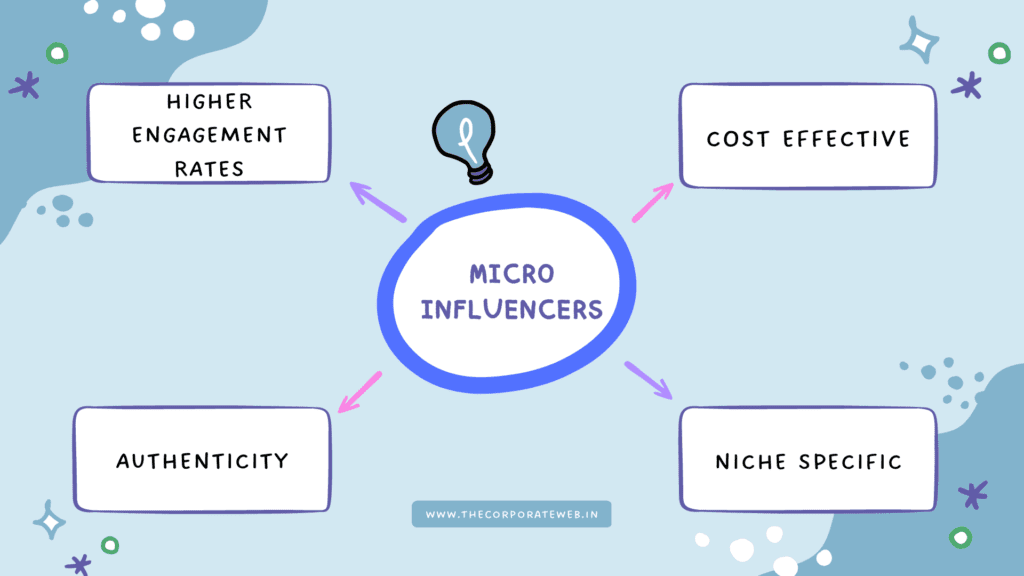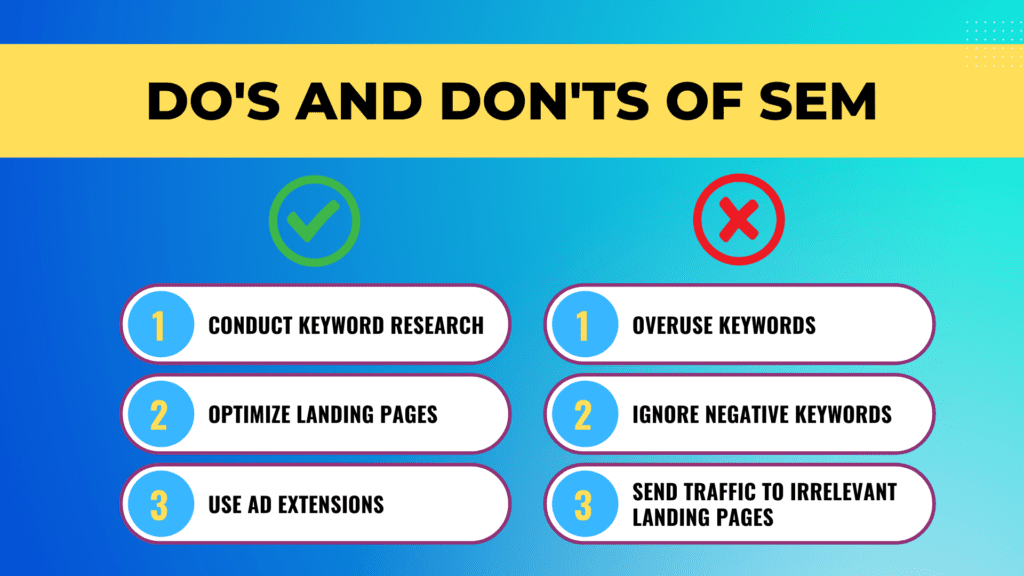In today’s digital age, having a strong online presence is essential for any business looking to succeed. Local SEO, or search engine optimization, plays a critical role in maximizing your online presence, allowing you to reach potential customers in your local area.
Optimizing your website and online listings can increase your visibility and attract more visitors to your business. In this blog, we’ll share tips for maximizing your online presence and achieving local SEO success.
Tip #1 – Claim and Optimize Your Google My Business Listing

Google My Business (GMB) is a free tool provided by Google that allows businesses to manage their online presence across the search engine and Google Maps. Claiming and optimizing your GMB listing is essential for local SEO success. By doing so, you can ensure that your business appears in Google’s “Local Pack” (the top 3 local search results) when users search for keywords related to your business.
To claim and optimize your GMB listing, follow these steps:
- Log in to your Google account and navigate to the Google My Business homepage.
- Click the “Manage Now” button to create or claim your business listing.
- Fill out all the necessary information, including your business name, address, phone number, website URL, hours of operation, and business category.
- Verify your listing by phone, email, or mail.
- Optimize your listing by adding photos, videos, descriptions, and other relevant information about your business.
Tip #2 – Use Local Keywords on Your Website

Optimizing your website for local keywords is critical for local SEO success. Local keywords are specific phrases that include the name of your city or region, such as “best pizza in New York City” or “plumber in Los Angeles.” By having these keywords on your website, you can help Google understand the location of your business and improve your visibility in local search results.
To use local keywords on your website, follow these tips:
- Conduct keyword research to identify relevant local keywords for your business.
- Include local keywords in your website’s page titles, meta descriptions, headers, and content.
- Create location-specific landing pages for each of your business locations, if applicable.
- Use structured data markup to help Google understand the location of your business.
Tip #3 – Build Citations and Backlinks
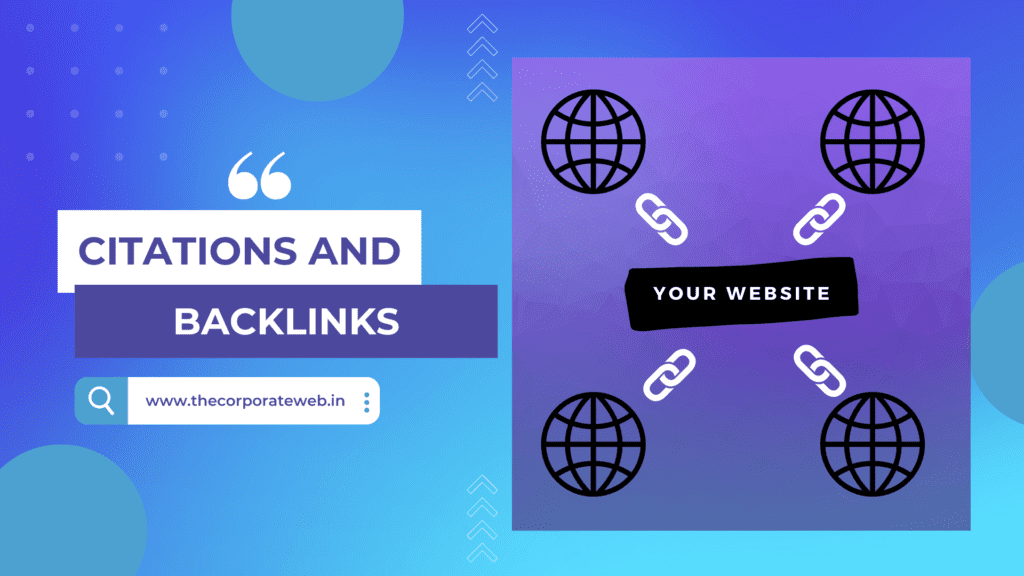
Citations and backlinks are essential for local SEO success. Citations are online mentions of your business name, address, and phone number (NAP) on other websites, while backlinks are links from other websites to your website. Building citations and backlinks can help increase the authority and trustworthiness of your website in the eyes of Google, which can improve your rankings in local search results.
To build citations and backlinks, follow these tips:
- Submit your business to local directories and review sites, such as Yelp, TripAdvisor, and Yellow Pages.
- Ensure that your NAP information is consistent across all online listings and directories.
- Build relationships with other local businesses and bloggers in your industry, and ask for backlinks to your website.
- Create valuable, shareable content that other websites will want to link to.
Tip #4 – Encourage Online Reviews

Online reviews are critical for local SEO success. Positive reviews can improve your rankings in local search results, while negative reviews can hurt your visibility and reputation. Encouraging online reviews from satisfied customers can help improve your online reputation and attract new customers to your business.
To encourage online reviews, follow these tips:
- Claim and optimize your business listings on review sites, such as Yelp and Google My Business.
- Ask satisfied customers to leave reviews on these sites, either in person or through email follow-ups.
- Respond to both positive and negative reviews in a professional and courteous manner.
- Encourage Online Reviews
- Use reviews to improve your business operations and customer service.
Tip #5 – Use Social Media to Your Advantage

Social media is an excellent tool for maximizing your online presence and improving your local SEO. By maintaining an active social media presence, you can engage with your audience, build brand awareness, and drive traffic to your website.
To use social media to your advantage, follow these tips:
- Choose the right social media platforms for your business and target audience.
- Create a social media content strategy that includes a mix of promotional content, educational content, and engaging content.
- Use local hashtags to improve the visibility of your social media posts.
- Engage with your audience by responding to comments and messages in a timely manner.
- Use social media advertising to reach a larger audience and promote your business.
Tip #6 – Track and Analyze Your Results
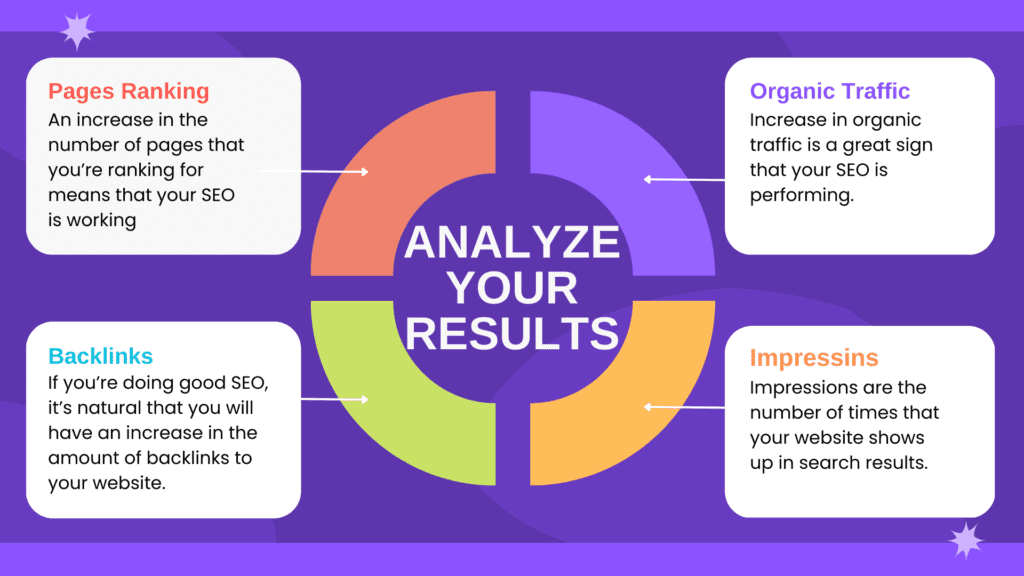
Tracking and analyzing your local SEO results is critical for maximizing your online presence and improving your rankings in local search results. By monitoring your website traffic, online visibility, and search engine rankings, you can identify areas for improvement and adjust your local SEO strategy accordingly.
To track and analyze your results, follow these tips:
- Use Google Analytics to track your website traffic and user behavior.
- Monitor your online visibility and search engine rankings using tools like Google Search Console and Moz Local.
- Use customer feedback and reviews to identify areas for improvement in your business operations and customer service.
- Set goals for your local SEO strategy and track your progress toward achieving them.
Read More: Maximizing Your Online Presence for Small Businesses
Conclusion:
Maximizing your online presence through local SEO is essential for any business looking to succeed in today’s digital age. By claiming and optimizing your Google My Business listing, using local keywords on your website, building citations and backlinks, encouraging online reviews, using social media to your advantage, and tracking and analyzing your results, you can improve your visibility in local search results and attract more visitors to your business.
With a strong online presence, you can build brand awareness, establish trust with your audience, and ultimately drive more sales and revenue for your business.
Read More: The Power Of Long-Tail Keywords: How To Use Them To Boost Your SEO
FAQs Related To Maximizing Your Online Presence
What is local SEO and why is it important?
Local SEO is the process of optimizing your online presence to improve your visibility in local search results. It involves optimizing your website and online listings for local keywords, building local citations and backlinks, and encouraging online reviews. Local SEO is important because it helps businesses attract more visitors from their local area, build brand awareness, and establish trust with their audience.
How can I claim and optimize my Google My Business listing?
To claim and optimize your Google My Business listing, you first need to create a Google account and verify your business information. Once you’ve claimed your listing, you can optimize it by adding accurate and detailed information about your business, including your address, phone number, website URL, business hours, and photos. You can also encourage customers to leave reviews and respond to reviews in a timely manner.
What are local keywords and how do I use them on my website?
Local keywords are keywords that include location-specific phrases, such as “best pizza in New York City” or “plumber in San Francisco”. To use local keywords on your website, you can include them in your page titles, meta descriptions, header tags, and content. However, it’s important to use local keywords in a natural and relevant way that provides value to your audience, rather than stuffing them in awkwardly.
What are citations and backlinks, and how do I build them?
Citations are online mentions of your business’s name, address, and phone number (NAP) on other websites and directories. Backlinks are links from other websites to your website. To build citations and backlinks, you can submit your business information to online directories, reach out to local websites and blogs for link opportunities, and create high-quality content that other websites will want to link to.
How can I encourage online reviews and use them to improve my business operations?
To encourage online reviews, you can ask satisfied customers to leave a review on your Google My Business listing, website, or other review sites. You can also make it easy for customers to leave a review by providing clear instructions and links. Once you have received reviews, you can use them to identify areas for improvement in your business operations and customer service and respond to reviews in a professional and helpful manner.
How can I use social media to improve my local SEO?
To use social media to improve your local SEO, you can maintain an active social media presence, engage with your audience, use local hashtags, and use social media advertising to reach a larger audience. By using social media to drive traffic to your website and promote your business, you can improve your online visibility and attract more visitors to your business.
How can I track and analyze my local SEO results?
To track and analyze your local SEO results, you can use tools like Google Analytics, Google Search Console, and Moz Local to monitor your website traffic, online visibility, and search engine rankings. You can also use customer feedback and reviews to identify areas for improvement in your business operations and customer service. By setting goals and tracking your progress towards achieving them, you can continually improve your local SEO strategy and maximize your online presence.
